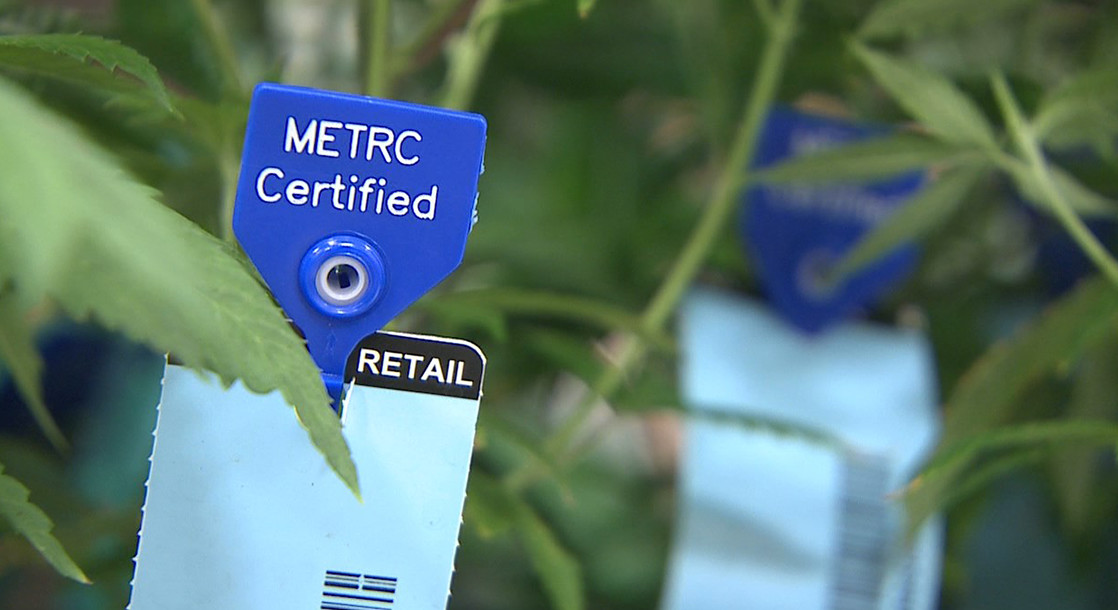Ever since recreational cannabis was legalized in Colorado, the market has exploded with profit and product. After selling a total of $1.3 billion worth of marijuana in 2016, you might wonder how local regulators are able to keep track of all this greenery. To do so, the state has instituted the METRC system, giving each plant a unique bar-coded electronic tag from seed-to-sale.
Although this network is created to track almost every aspect of the product, including weight, location, sale, and other information, there is still a glaring loophole that some cannabis seems to somehow fall through. However, dispensaries and employees who end up get caught breaking the law must pay a hefty price.
Last year, The Colorado Department of Revenue Marijuana Enforcement Division fined cannabis retailers to the tune $683,500. Outside of fines, businesses owners and employees sometimes even lost the ability to work within the industry. According to Denver’s local news station FOX31, there were 47 different marijuana dispensaries caught breaking the law.
In order to discover who is cheating the system, state enforcement looks at three primary parts of the METRC system: the amount of marijuana that was reported as either damaged, lost, or unusable. Insiders claim that Colorado gives a certain amount of leeway to cannabis dispensaries, which helps prevent audits and punishments for minor infractions.
However, there are sly ways for business owners and employees to pocket excess marijuana without getting caught. Product can be reported as lost, allowing workers to sell the formerly legal cannabis on the black market. This eliminates taxes and creates pure profit for the seller, something that the state would obviously want to prevent from happening.
While the amount of revenue sold out of the back door might not seem like much in the grand scheme of things, just a few “lost” or “damaged” plants can net an individual a couple thousand dollars of untaxed cash. Still, while breaking the law may seem like a lucrative idea to some, getting caught by the state can lead to harsh consequences.
For instance, in 2016, the owner of the dispensary Natural Selections was fined $75,000 and had his license suspended for 90 days. His company was under fire for “failing to keep a transport manifests” and “failing to maintain accurate tracking records that accounted for, reconciled, and evidenced all inventory activity.”
Although state regulators sometimes catch cannabis shops, the gaping loopholes in the METRC system can certainly tempt dispensaries and employees to cheat when they feel that the risk level is low. But at the end of the day, while the state likely has qualms about workers taking advantage of the tracking system, Colorado still raked in nearly $200 million in tax revenue last year alone. That money would be nonexistent if cannabis was still restricted to











